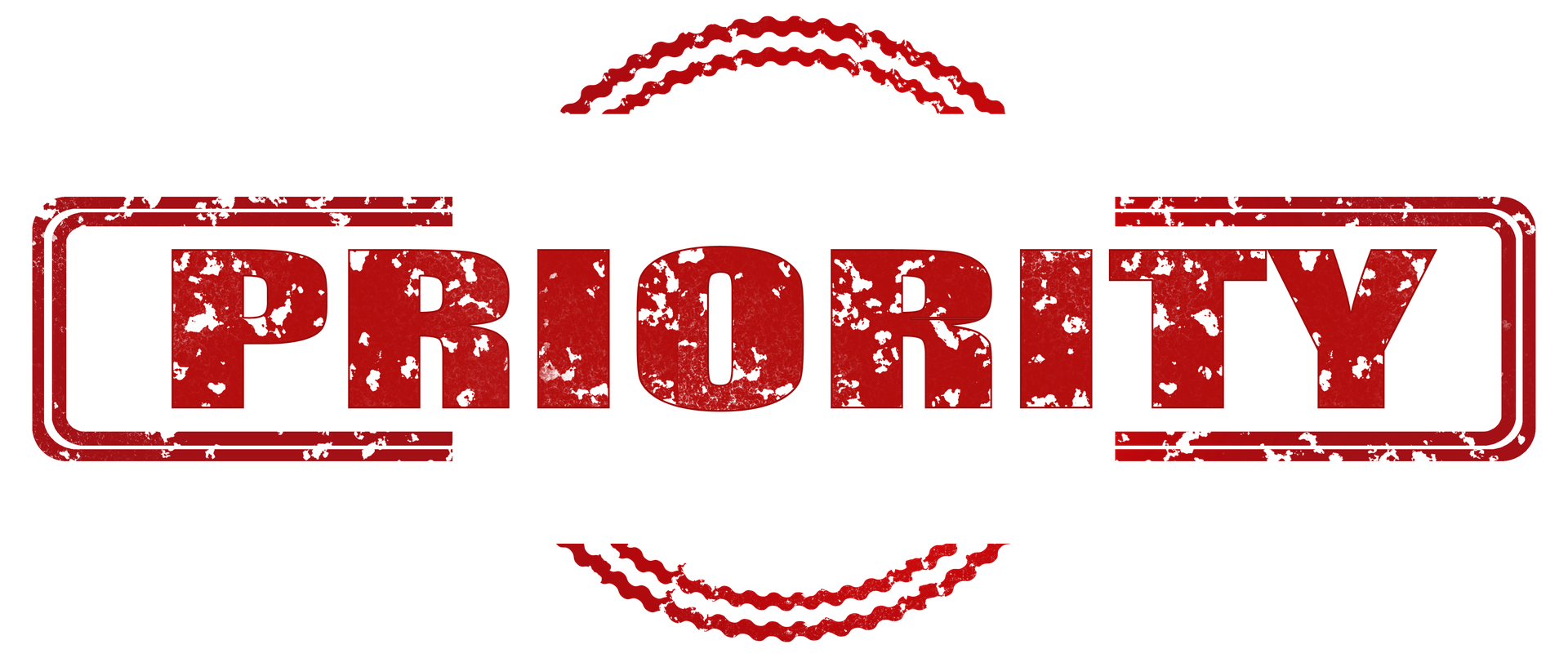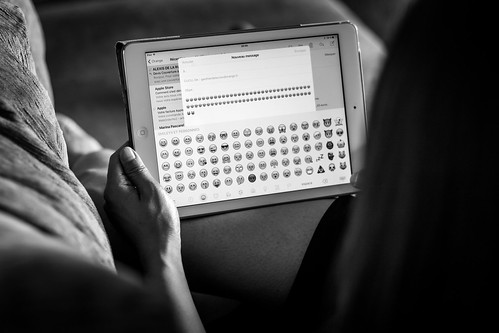Most organisations are ignoring the behavioural element of customer experience – Interview with Morris Pentel
December 19, 2016
Many brands are losing touch with crucial ‘moments of truth’ – Interview with PV Kannan of [24]7
January 6, 2017
This is a guest post from Jean-Marc Robillard, Director of Marketing with nGUVU.
After listening to an interview recently (ref: Podcast – Jo Moffatt interviews Adrian Swinscoe), I found myself vehemently nodding in agreement during the entire broadcast, and had to share some of my conclusions with Adrian on this very same blog.
It’s true, employee surveys abound. And don’t get me wrong, surveys can be a vital first step in discovering how employees perceive their work environment, corporate culture, and even how they feel about management.
But let’s be honest, cognitive bias and myriad emotional factors are involved anyone’s approach to answering a survey at work. And while there are ways to mitigate undue influence on survey answers, some of them defeat the purpose of the survey itself! For instance, you may be tempted to make the surveys anonymous, but that hardly allows you to understand the personal journey related to an individual’s answer.
What if I were to propose that you could understand the “mood on the shop floor” without using surveys at all? What if we could start to move to needle gradually forward on employee engagement, after, as Adrian mentioned in the interview, the level of employee engagement across the Globe has been stagnant for over a decade? (Source: Gallup Research Jan 13, 2016).
And yes, this is related to Big Data, Data Analysis, Predictive Analytics, and Machine Learning. Now that the buzzwords are taken care of, let’s proceed with some concrete examples of exactly how this is already happening.
- Talent Analytics Inc., who hold some deep discussions on reducing attrition in their Predictive Talent Analytics Forum on LinkedIn, offer a predictive algorithm for weeding out candidates likely to attrite early on in their careers … before you hire them!
- An entire industry conference on predictive HR analytics is held every year.
- Machine Learning is used to, well, learn and adapt to employee behavior (frequency of late arrivals, changes in work habits, absenteeism patterns) and link specific events based on their propensity for indicating a lag in motivation, or engagement, based on a combination of historical data and other factors.
While no one worth their salt in the scientific and computer engineering community would go so far as to say that a computer algorithm can provide all the answers, the combination of a manager’s intuition, experience, and relationship with their employees, coupled with the unbiased data that is generated through the latest technologies can provide not only a clearer picture of how engaged employees are, but accomplish this much earlier on, allowing for time to plan corrective measures. I have personally seen cases where the data generated from predictive workforce analysis has in fact saved someone’s career; when a manager has advanced notice of a potential performance lag, they can get in front of the situation, and provide encouragement to an employee they consider loyal and valuable.
A new age in human capital management (HCM) is being ushered in, with data analysis leading the charge; and while some are still debating the privacy issues with behavioral science applied in the workplace (which would seem odd in a time when keystroke recording and censored websites are the norm when you are on the clock), others are moving ahead with a renewed sense of the reward for developing the ultimate hybrid solution to the employee engagement dilemma – half science, half intuition, and completely updated.
 Bio: Jean-Marc Robillard is a technologist with over 15 years of experience in data analytics and other statistical endeavours, with companies as diverse as Oracle corp. and Kronos Systems. He is currently marketing lead at nGUVU, a start-up in the contact center industry providing gamification and machine learning solutions.
Bio: Jean-Marc Robillard is a technologist with over 15 years of experience in data analytics and other statistical endeavours, with companies as diverse as Oracle corp. and Kronos Systems. He is currently marketing lead at nGUVU, a start-up in the contact center industry providing gamification and machine learning solutions.
Photo Credit: Go-tea 郭天 Flickr via Compfight cc



